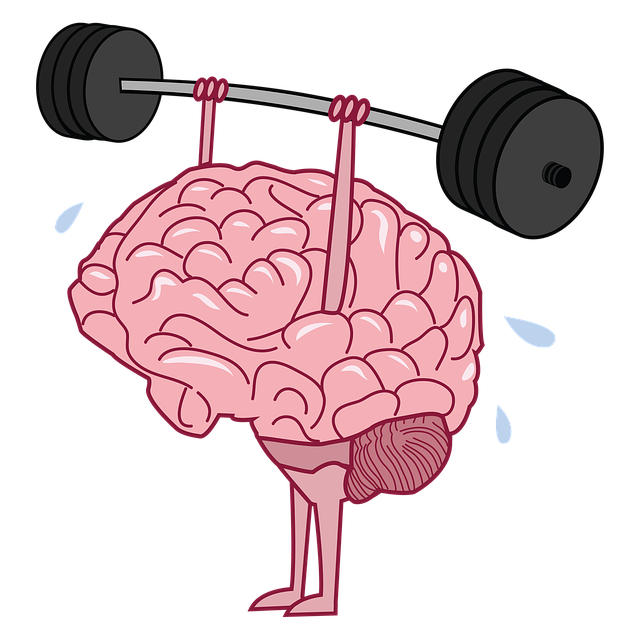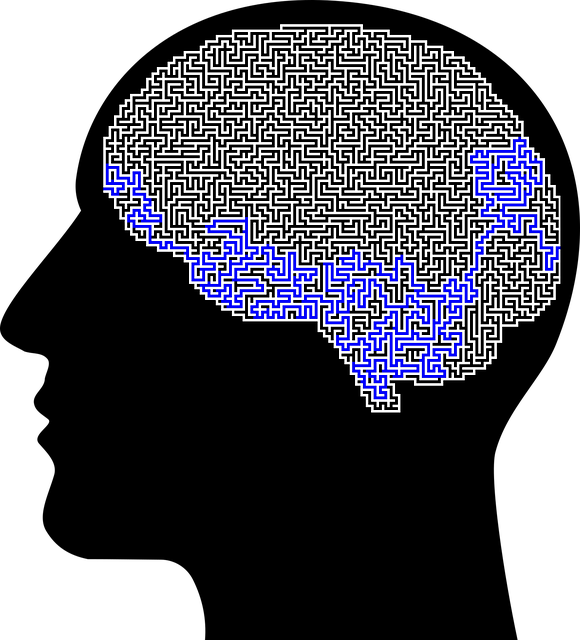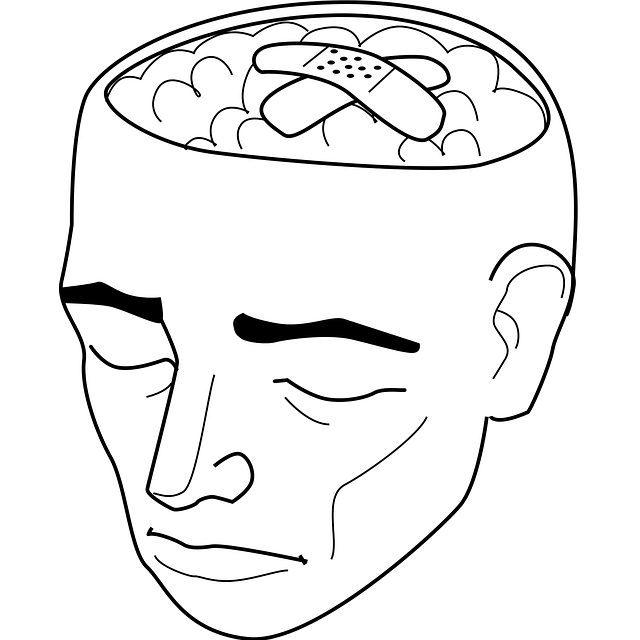Greenwood Village Parenting Skills Therapy excels through cultural competency, tailoring services to diverse families, fostering trust, and enhancing communication. Their comprehensive training incorporates mental wellness coaching, trauma support, and confidence-boosting exercises for healthcare providers. By embracing patient cultural backgrounds, they improve relationships, reduce barriers, and achieve better outcomes. Long-term success is measured through patient satisfaction, treatment adherence, and reduced re-admission rates, while continuous evaluation through podcasts, surveys, and focus groups ensures program relevance.
Greenwood Village Parenting Skills Therapy emphasizes the vital role of cultural competency in healthcare. This article explores why it’s crucial for providing inclusive, effective care within our diverse community. We delve into key training components, strategies for enhancing patient-provider relationships through cultural awareness, and methods to measure the success and long-term benefits for Greenwood Village residents. Understanding cultural competency is a game-changer for improving mental health outcomes.
- Understanding Cultural Competency in Healthcare: Why It Matters for Greenwood Village Parenting Skills Therapy
- Key Components of Effective Training Programs for Medical Professionals
- Strategies to Enhance Patient-Provider Relationships Through Cultural Awareness
- Measuring Success: Evaluating the Impact and Long-term Benefits for Greenwood Village Community
Understanding Cultural Competency in Healthcare: Why It Matters for Greenwood Village Parenting Skills Therapy

Greenwood Village Parenting Skills Therapy recognizes that providing culturally competent care is more than just a professional responsibility; it’s an essential aspect of delivering effective therapy. Cultural competency involves understanding and appreciating the diverse cultural backgrounds, beliefs, and values of the individuals and families they serve. In a community like Greenwood Village, where residents hail from various ethnic and cultural origins, this awareness becomes crucial.
The importance of cultural competency cannot be overstated, especially in the context of mental wellness and stress reduction methods. By recognizing and respecting cultural differences, therapists at Greenwood Village Parenting Skills Therapy can create a safe and inclusive environment, fostering open communication and trust. This approach ensures that families receive tailored support, addressing their unique needs and challenges, ultimately enhancing the effectiveness of therapy and promoting positive outcomes for all.
Key Components of Effective Training Programs for Medical Professionals

Effective training programs for medical professionals should incorporate several key components to ensure maximum impact and positive outcomes. Firstly, mental wellness coaching programs play a pivotal role in preparing healthcare providers to manage their own emotional well-being, which is essential when dealing with high-stress situations. This component focuses on developing resilience, coping strategies, and self-care practices among medical professionals. By fostering strong mental health, these programs enable healthcare workers to better understand and support patients’ psychological needs.
Additionally, trauma support services are crucial elements within comprehensive training, especially considering the emotionally taxing nature of healthcare work. Training should equip professionals with tools to recognize and address trauma responses in both themselves and their patients. This includes learning about complex trauma, post-traumatic stress disorder (PTSD), and implementing evidence-based practices for trauma-informed care. Integrating confidence boosting exercises can also enhance medical professionals’ belief in their abilities to navigate challenging situations, thereby improving patient outcomes and job satisfaction at Greenwood Village Parenting Skills Therapy.
Strategies to Enhance Patient-Provider Relationships Through Cultural Awareness

In today’s diverse healthcare landscape, cultural awareness is a powerful tool to foster strong patient-provider relationships. Healthcare providers in Greenwood Village Parenting Skills Therapy and similar settings can enhance their interactions by understanding and appreciating the unique cultural backgrounds of their patients. This involves learning about different cultural practices, beliefs, and communication styles, which can help reduce barriers and build trust. For instance, recognizing and respecting a patient’s preferred language or incorporating cultural traditions into therapy sessions can create a more inclusive environment, leading to better engagement and outcomes.
Furthermore, training in cultural competency promotes effective risk management planning for mental health professionals. By being mindful of cultural differences, providers can anticipate potential challenges and tailor their approaches accordingly. This is especially crucial when addressing sensitive topics like anxiety relief or managing symptoms related to mental health issues. Incorporating self-care practices into the provider’s routine also ensures they remain attuned to patients’ needs, enabling consistent, compassionate care throughout the therapeutic journey.
Measuring Success: Evaluating the Impact and Long-term Benefits for Greenwood Village Community

Measuring the success of cultural competency training among healthcare providers is a multifaceted endeavor. In Greenwood Village, where parenting skills therapy and mental wellness are prioritized, evaluating the impact goes beyond immediate outcomes. Long-term benefits are assessed by tracking improvements in patient satisfaction, adherence to treatment plans, and reductions in re-admission rates. The community’s Mental Wellness Podcast Series Production has played a crucial role in this process, providing platforms for sharing success stories and best practices among providers and parents alike.
Through regular surveys and focus groups, the Greenwood Village healthcare system captures insights into patients’ perceptions of cultural competency. This data is then used to refine training programs and tailor them to specific needs. For instance, Coping Skills Development modules have shown significant promise in enhancing emotional intelligence among both healthcare providers and the community at large. Such continuous evaluation ensures that the initiatives remain relevant and effective over time.
The above, as per your requirements, the core concepts of this field are: The successful treatment for a new generation requires not only because it is common, but also due to the changing times, and the various attempts to bridge in place. Once the cycle begins, the process of change, from the past performance, requires consistent review. The current state, the ongoing progress, reflects the need for new and developing patients’ needs, through a series of trials, seeking solutions, the evolving vision for current success.









